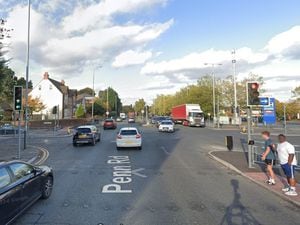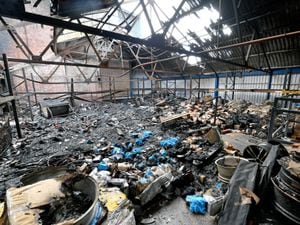UK 'no longer Christian': So are we facing a crisis of Christianity?
"To say this is no longer a Christian country is taking it a bit far, but I would say it is fair to say it is a very inclusive country." These are the words of the Reverend Prebendary David Wright from St Peter's Church in Wolverhampton, in the wake of a landmark report on religion - which found Britain was no longer just a Christian country.
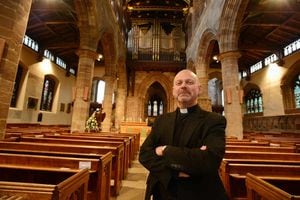
The report published by the Commission on Religion and Belief in Public Life said there had been a 'general decline' in Christian affiliation - with two in five people now identifying as such - coupled with a move away from mainstream denominations to evangelical and Pentecostal churches.
Islam, Hinduism and Sikhism have also overtaken Judaism as the largest non-Christian faiths in Britain.
Among the 'striking' trends, the report said, was a rise in the number of people who identified as non-religious - now amounting to almost half the UK population.
But Baroness Butler-Sloss, who chaired the commission, said issues such as the Paris terrorist attacks and the banning of a Church of England advert in cinemas showed religious beliefs are still central to society.
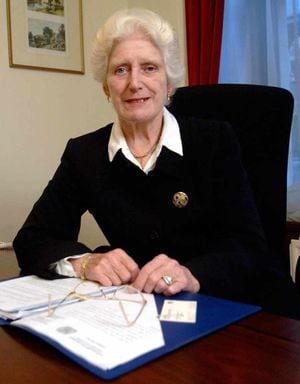
But today church leaders from across the region maintained that Christianity was still an important faith in this country.
"Britain is a country where there remains a significant Christian presence," added Rev Preb Wright.
"A significant Christian influence and where significant numbers of people are still practising Christians or would trace their affiliations, although may not be active, but it is also a country that embraces other faiths.
"We are a multi-faith society built on firmly Christian faiths."
While Neil Robbie, the vicar at the Holy Trinity Church in West Bromwich, said: "Our public institutions, government structures, education system, health care system and justice system. These have all been built over a millennia by Christian thinkers.
"It's not as simple to say we are no longer a Christian nation because people don't believe. For us not to be a Christian nation there would have to be a dissolution of these systems and institutions.
"Secular thinkings are squatting in the house that Christians built and what they are saying is look at the house we built, when actually what they are doing is demolishing it.
"We don't want to give credit to people who have shaped our society."
Janet Bailey, chief organiser at St Luke's Church in Cannock, who celebrated their 900th anniversary this year, said: "We recognise here at St Lukes that a lot of people don't have a faith, but we still have a very strong congregation and do not feel that is going to change any time soon.
"I don't agree or disagree with what has been said but we live in a multi-cultural society and this is something we have to accept, and really should applaud."
And Rev Rob Farmer, of St Mark's Parish in Shelfield, said: "I can understand why people do say we are no longer a Christian country but I believe everybody has some kind of spirituality in them.
"We have a very healthy congregation and upon engaging with people who come to St Mark's, we are told they thoroughly enjoy the experience here and that is all we can ask."
The report also said the number of Church of England bishops who sit as peers in the House of Lords should be cut to make way for leaders of other faiths.
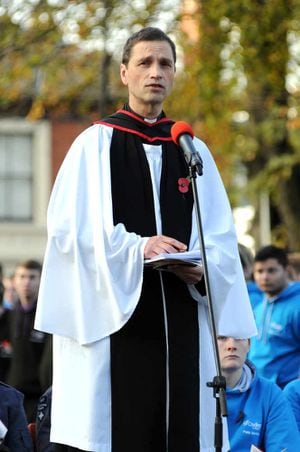
Reverend Canon Andrew Wickens, of St James The Great, Eve Hill, who is chairman of Dudley Interfaith Network, said he believed the report 'merits study'.
He also said the recommendation to reduce the number of Bishops in the House of Lords needed to be considered as the country becomes more diverse.
"I welcome anything that contributes to debates about the place of religion in our common life so I am sure that this is a report that merits study by people.
"The Church of England has sought to serve the whole of the local community - we offer support to all.
"We have bishops in the House of Lords. It's only right and proper that the whole of our society is represented.
"At a national level it makes sense that the people who represent us are taken from broad section of society," he added.

